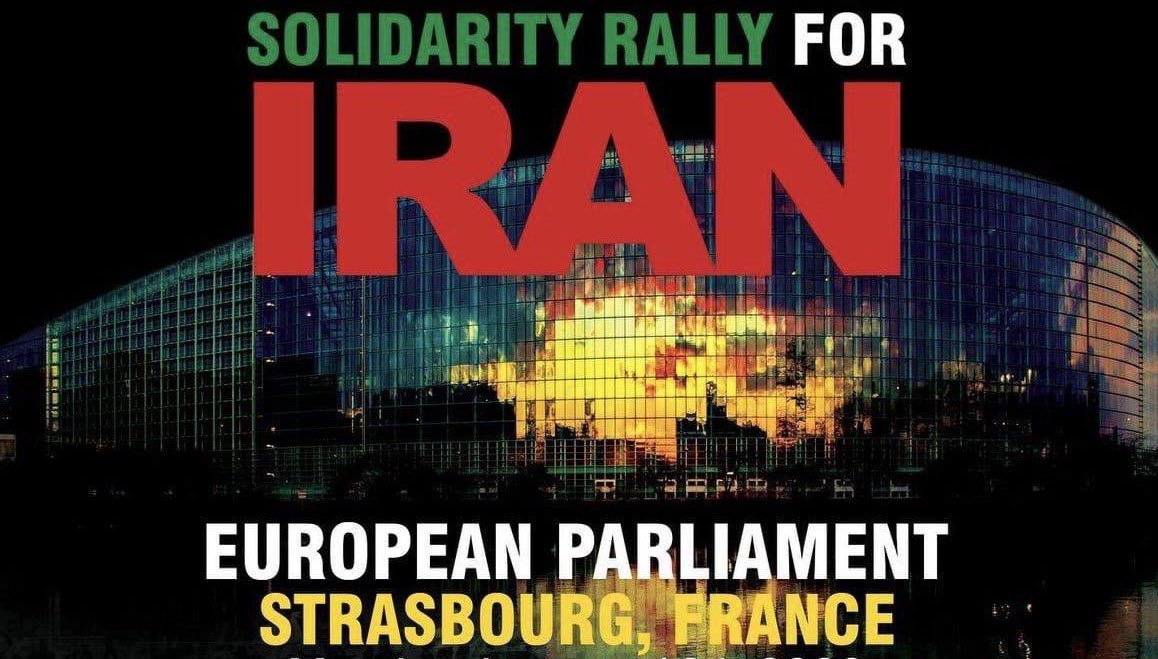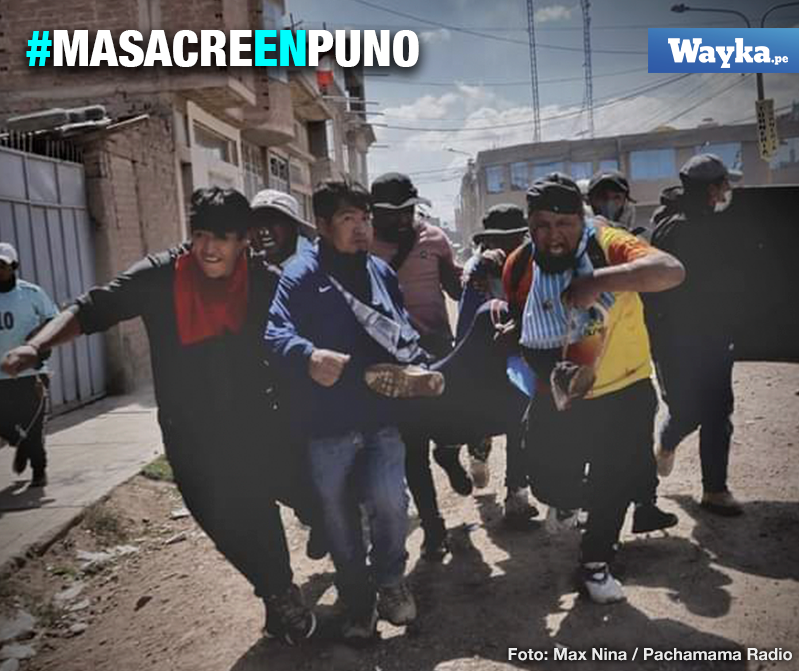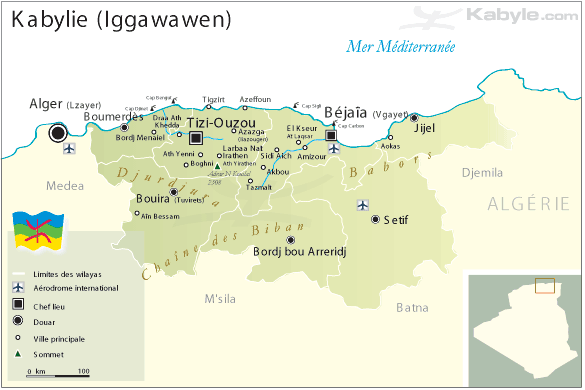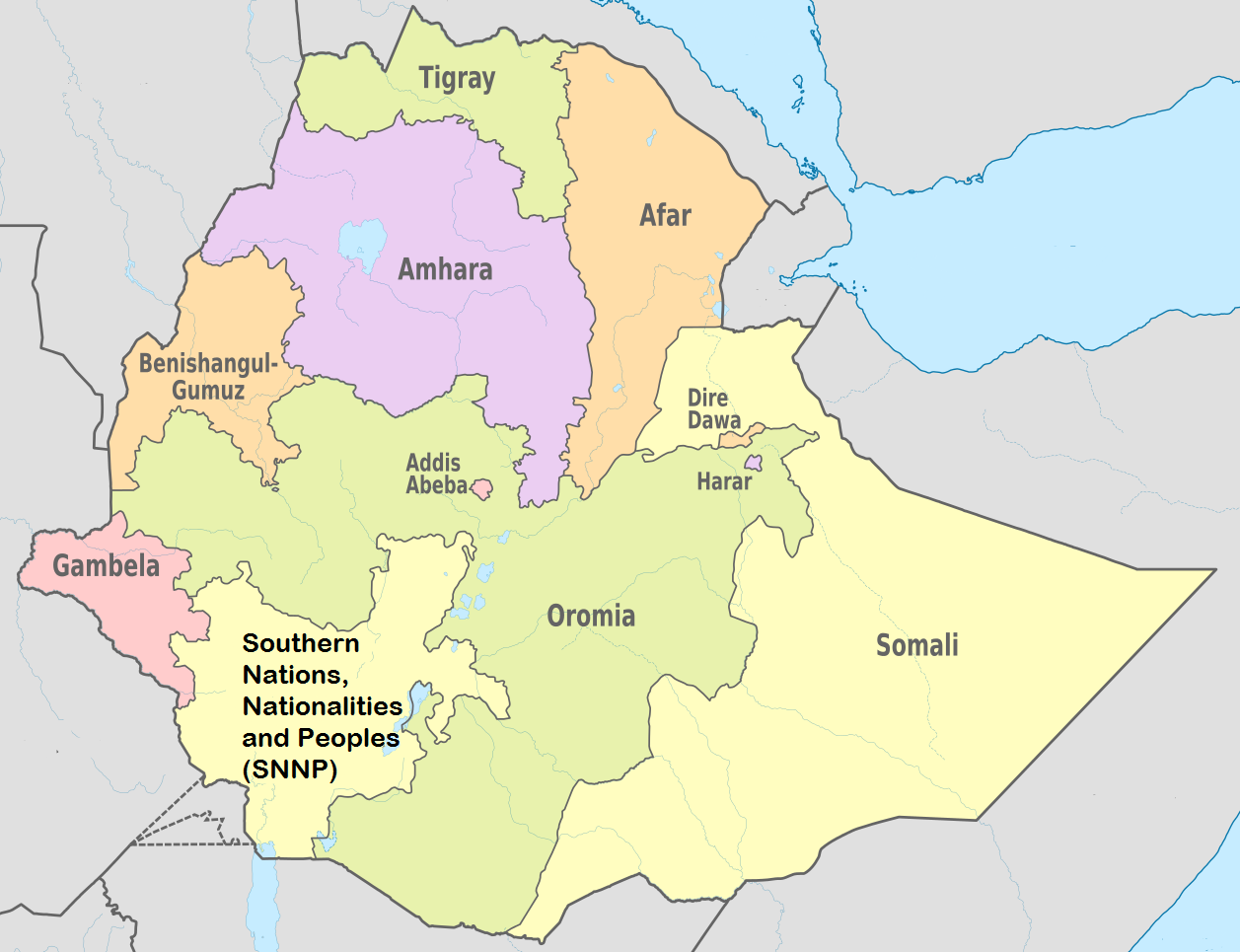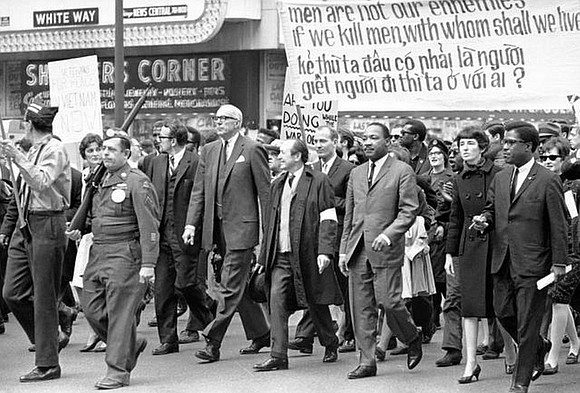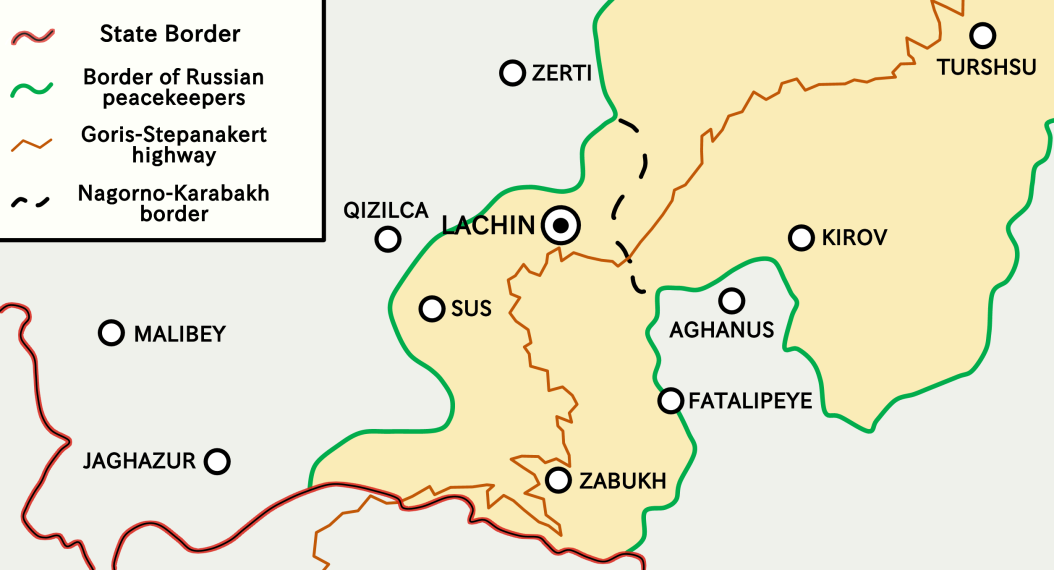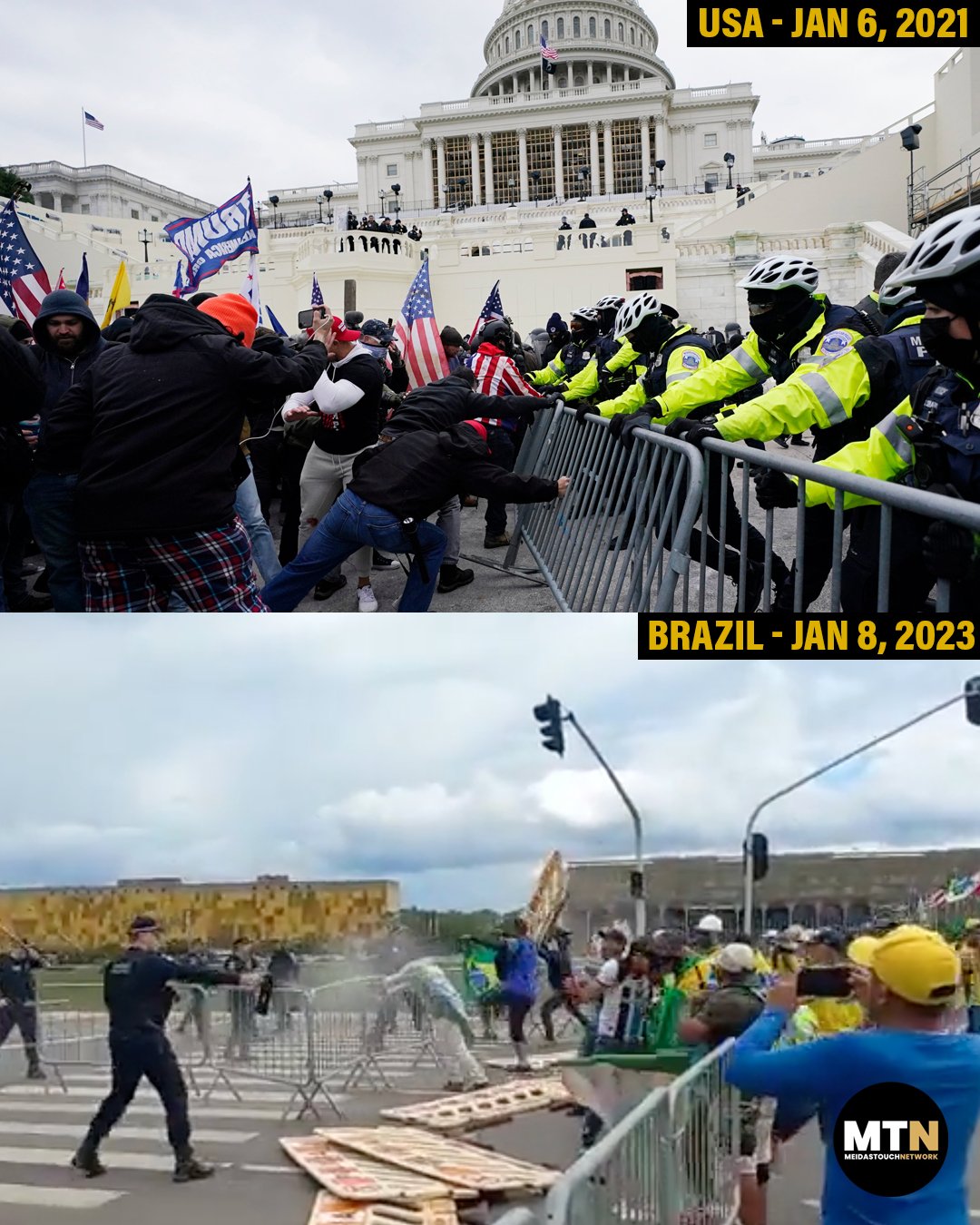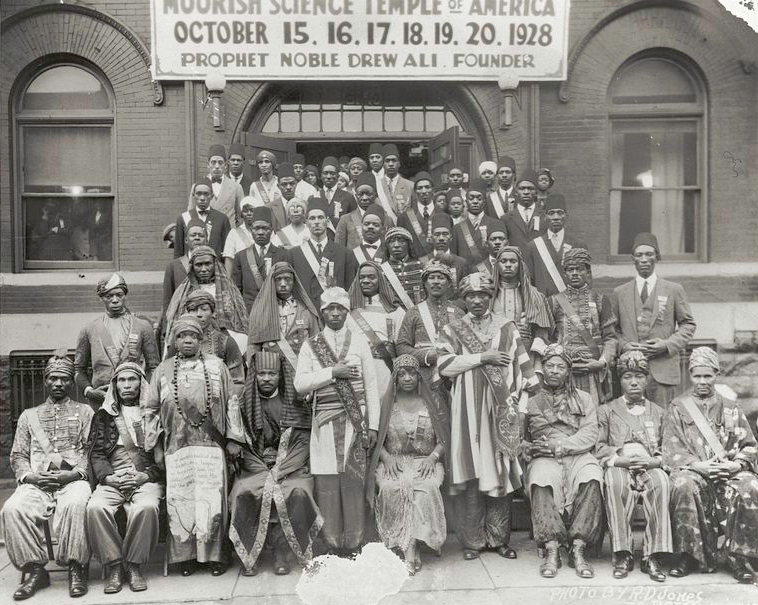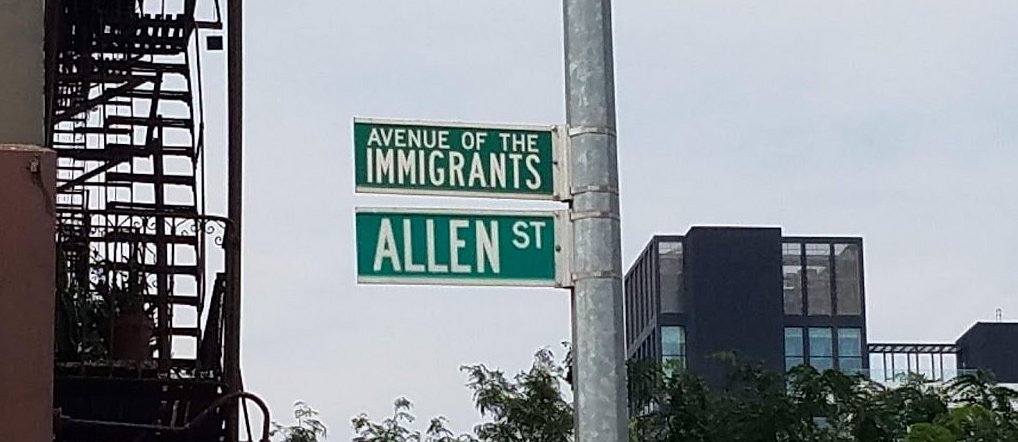
New York City mayor: ‘no room’ for migrants
New York Mayor Eric Adams traveled to the US-Mexico border and declared that “there is no room” for migrants in his city. At a press conference with El Paso Mayor Oscar Leeser, Adams called on the US government to help cities manage unprecedented levels of immigration, and claimed that the influx of migrants could cost New York City up to $2 billion. “The federal government should pick up the entire cost,” Adams said. “[W]e need a real leadership moment from FEMA. This is a national crisis.” He also criticized the governors of Texas and Colorado for contributing to a “humanitarian crisis that was created by man,” citing busloads of migrants sent to New York and other northern cities. But New York City comptroller Brad Lander dissented from Adams’ Texas trip, stating that it “reinforces a harmful narrative that new migrants themselves are a problem.” (Photo via TripAdvisor)



